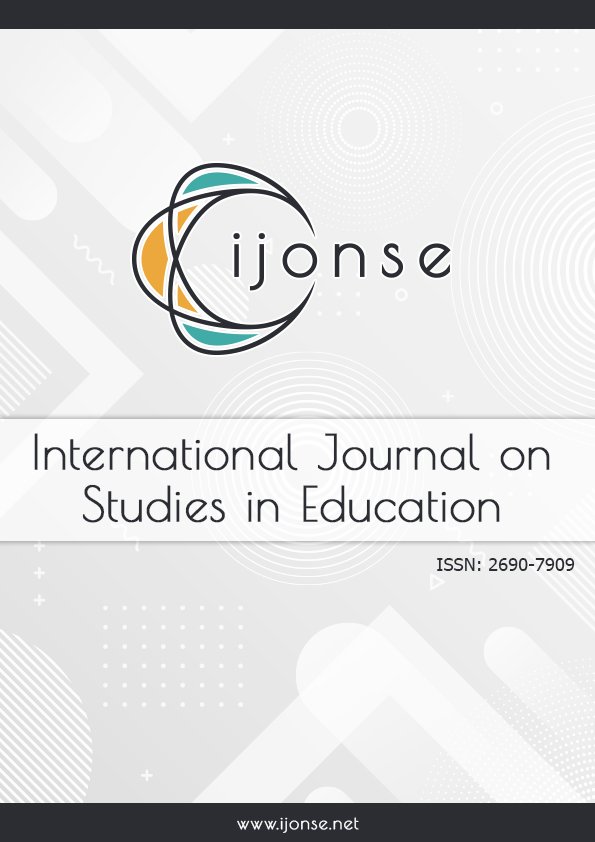Exploring the Connection between “Out of Eden Learn” and Competency-based Education
DOI:
https://doi.org/10.46328/ijonse.196Keywords:
Competency-based education, Out of Eden Learn, Curriculum design, Thinking routinesAbstract
Competency-based education represents an important priority for several countries worldwide. Although national governments and international education communities have identified a wide range of competencies as integral for meeting 21st century learning requirements there is a lack of evidence on how can these be effectively taught, learnt, and assessed in the classroom. A promising approach for competency-based education is “Out of Eden Learn”, a research initiative of Project Zero at the Harvard Graduate School of Education that incorporates several strategies such as thinking routines and dialogue tools that are carefully crafted to facilitate the development of core competencies among learners. This study looks at the “Skills Labs” competency-based educational reform in Greece and presents the process of using “Out of Eden Learn” to develop a curriculum that is both supportive of fostering the requisite competencies and responsive to the needs of primary teachers. A survey questionnaire was used to investigate the views of 120 teachers who piloted the curriculum in 82 kindergarten and elementary schools across Greece. The findings not only reveal the value of “Out of Eden Learn” approach for competency-based education, but they also indicate the interdisciplinarity and the transferability of its related strategies that can guide curriculum design and teaching practice in an array of international educational contexts.References
Melliou, K. & Retalis, S. (2024). Exploring the connection between “Out of Eden Learn” and competency-based education. International Journal on Studies in Education (IJonSE), 6(1), 160-176. https://doi.org/10.46328/ijonse.196
Downloads
Published
Issue
Section
License
Articles may be used for research, teaching, and private study purposes. Authors alone are responsible for the contents of their articles. The journal owns the copyright of the articles. The publisher shall not be liable for any loss, actions, claims, proceedings, demand, or costs or damages whatsoever or howsoever caused arising directly or indirectly in connection with or arising out of the use of the research material.
The author(s) of a manuscript agree that if the manuscript is accepted for publication in the International Journal on Studies in Education (IJonSE), the published article will be copyrighted using a Creative Commons “Attribution 4.0 International” license. This license allows others to freely copy, distribute, and display the copyrighted work, and derivative works based upon it, under certain specified conditions.
Authors are responsible for obtaining written permission to include any images or artwork for which they do not hold copyright in their articles, or to adapt any such images or artwork for inclusion in their articles. The copyright holder must be made explicitly aware that the image(s) or artwork will be made freely available online as part of the article under a Creative Commons “Attribution 4.0 International” license.

This work is licensed under a Creative Commons Attribution-NonCommercial-ShareAlike 4.0 International License.





